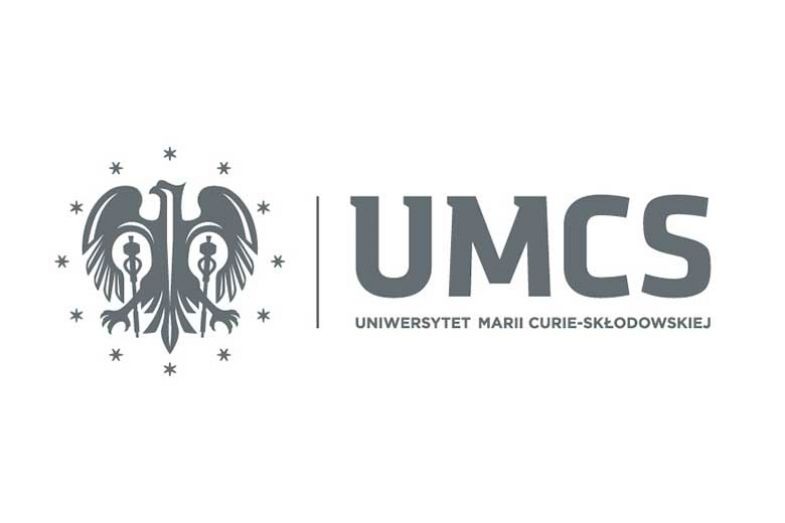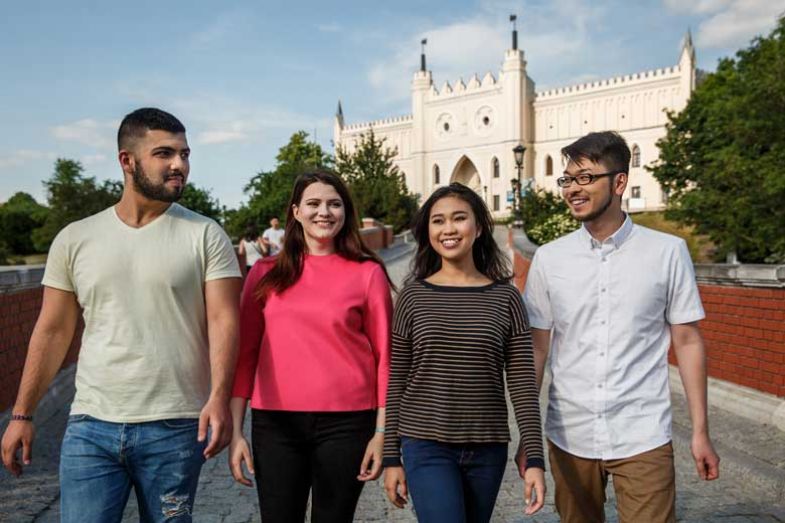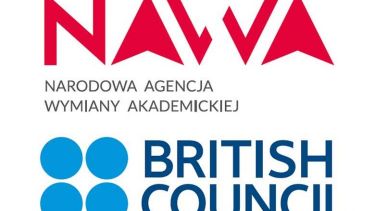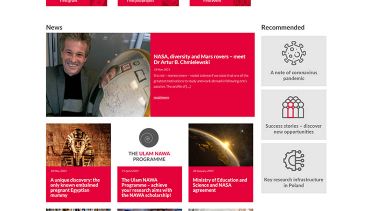
Surveys conducted at Marie Curie-Sklodowska University help to explain the country’s appeal
The growing number of international students in Poland is a trend that has already had a major impact on the development of the country’s higher education. It also raises the question of what makes Poland an increasingly popular destination.
Questionnaires completed by international students at Marie Curie-Sklodowska University (previously ranked the most international university in Poland by the Perspektywy Education Foundation, a non-profit organisation that promotes and supports education) provide some answers, such as:
1. The high quality of education, a result of Poland’s European traditions and standards, as well as its highly qualified academic staff. Another contributing factor is Poland’s model for the student-university relationship, which allows for a degree of flexibility and freedom in shaping the curriculum (such as the choice of specialisation after the students’ first semester, optional courses, the choice of education modules, Erasmus+ student exchanges and studying abroad at a partner university). All of these factors contribute to Polish university graduates gaining employment in Europe and around the world.
2. A friendly national society. In their questionnaire responses, international students pointed to the fact that despite some inevitable cultural differences they experienced sympathy and kindness from local residents. Modern Poland is relatively homogeneous, but its multicultural traditions and the increasing number of foreigners who settle there make international visitors feel at home.
3. The levels of support and care for foreign students. Mentoring programmes and senior student networks at Polish universities help newly arrived students adapt quickly to living and studying in Poland. As a result, students can integrate well while newcomers and senior students get acquainted and build friendships.

4. Student-friendly infrastructure. According to Poland’s international students, it is not only the country’s universities’ infrastructures (such as their student accommodation, classrooms with multimedia resources and well-equipped labs), but also its cities’ infrastructures that make Poland an attractive place to study. At a relatively low cost, students have access to city bicycle networks, car-sharing systems and public transport. Another popular feature that students mentioned is the variety of restaurants offering cuisine from all over the world. In 2016, American College Magazine published its list of the top 10 student-friendly cities in Europe and Lublin was one of them.
5. The reasonable cost of living and studying. Compared with Western Europe, Poland is competitive in terms of its cost of living, which makes it attractive for foreign investors and students alike. For example, monthly accommodation fees vary from €70-100 (dormitory) to €120-150 (per room in a shared students’ apartment). Monthly food expenses range from €70-90.
6. Poland has many areas of natural beauty, such as the Mazury Lake District and the Tatra Mountains, green areas, nature reserves, natural monuments and forests, all of which make the country an appealing place to both study and settle.
These factors combine to make Poland increasingly attractive for a growing number of international students who prioritise the quality of education and the service they receive and decide to study there.
For more information about studying in Poland, find out more about the Polish National Agency for Academic Exchange (NAWA).






